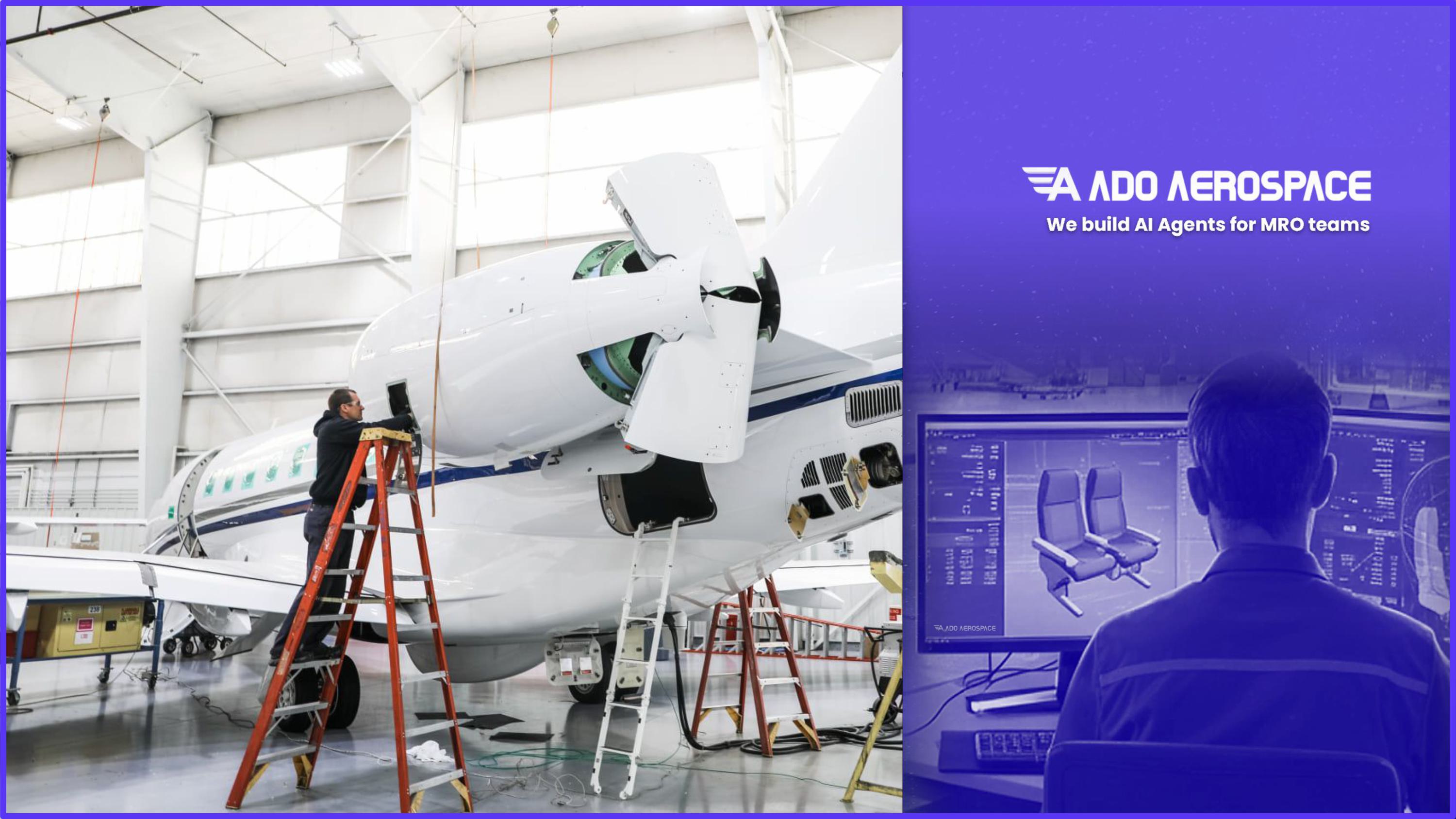The Hidden Costs of Manual RFQs: A Breakdown for MRO Procurement Managers.
20 Aug 2025

For MRO procurement managers, the Request for Quotation (RFQ) process is the heartbeat of the supply chain. It's a daily, essential function. But for too many teams, this critical task is trapped in the past—an arbitrary, manual workflow managed through a patchwork of emails, spreadsheets, and phone calls. While this process may seem "free," it carries staggering hidden costs that silently drain resources, delay repairs, and put entire operations at risk.
A recent McKinsey report on aerospace procurement highlighted this very issue, noting that fragmented processes and a lack of digital tools are significant hurdles for the industry. Let's break down the real, quantifiable costs of sticking to the old way.
1. The Cost of Wasted Time: The "Procurement Tax"
- Drafting & Distribution: A procurement manager spends hours drafting emails, attaching spec sheets, and manually sending them to a list of potential suppliers.
- Chasing & Clarifying: Days are spent following up with suppliers who haven't responded and answering repetitive questions one by one.
- Consolidating & Comparing: As quotes trickle in—in different formats like PDFs, Word documents, and simple email replies—the team spends more hours manually transferring this data into a master spreadsheet for comparison.
2. The Cost of Missed Opportunities: The Price of a Small Network
- Limited Competition: By not reaching a wider market, you may be missing out on more competitive pricing, better availability, or more favorable terms from suppliers outside your immediate network.
- No Real-Time Data: The manual process is slow. By the time you consolidate quotes, the market may have already shifted. A part that was available yesterday might be gone today. As McKinsey's "MRO 2.0" report emphasizes, the future belongs to organizations that can leverage real-time data for decision-making. A manual RFQ process is, by definition, always working with stale data.
3. The Cost of Risk: The "Data Silo" Danger
- AOG Nightmares: In an Aircraft-on-Ground (AOG) situation, every second counts. Trying to trace a procurement trail through old emails to understand why a part is delayed is a recipe for disaster. A fragmented process directly contributes to longer turnaround times and extended, costly AOG events.
- Compliance & Audit Failures: The aviation industry is built on traceability, having a clear, auditable digital trail is paramount. A manual process makes it incredibly difficult to prove compliance, creating significant risk during audits.
The Way Forward: From Manual Tasks to Intelligent Automation
Sources & Further Reading:
- Internal analysis based on industry benchmarks and discussions with MRO professionals.
- Overcoming challenges in aerospace procurement (McKinsey & Company)
- Aircraft MRO 2.0: The digital revolution (McKinsey & Company)